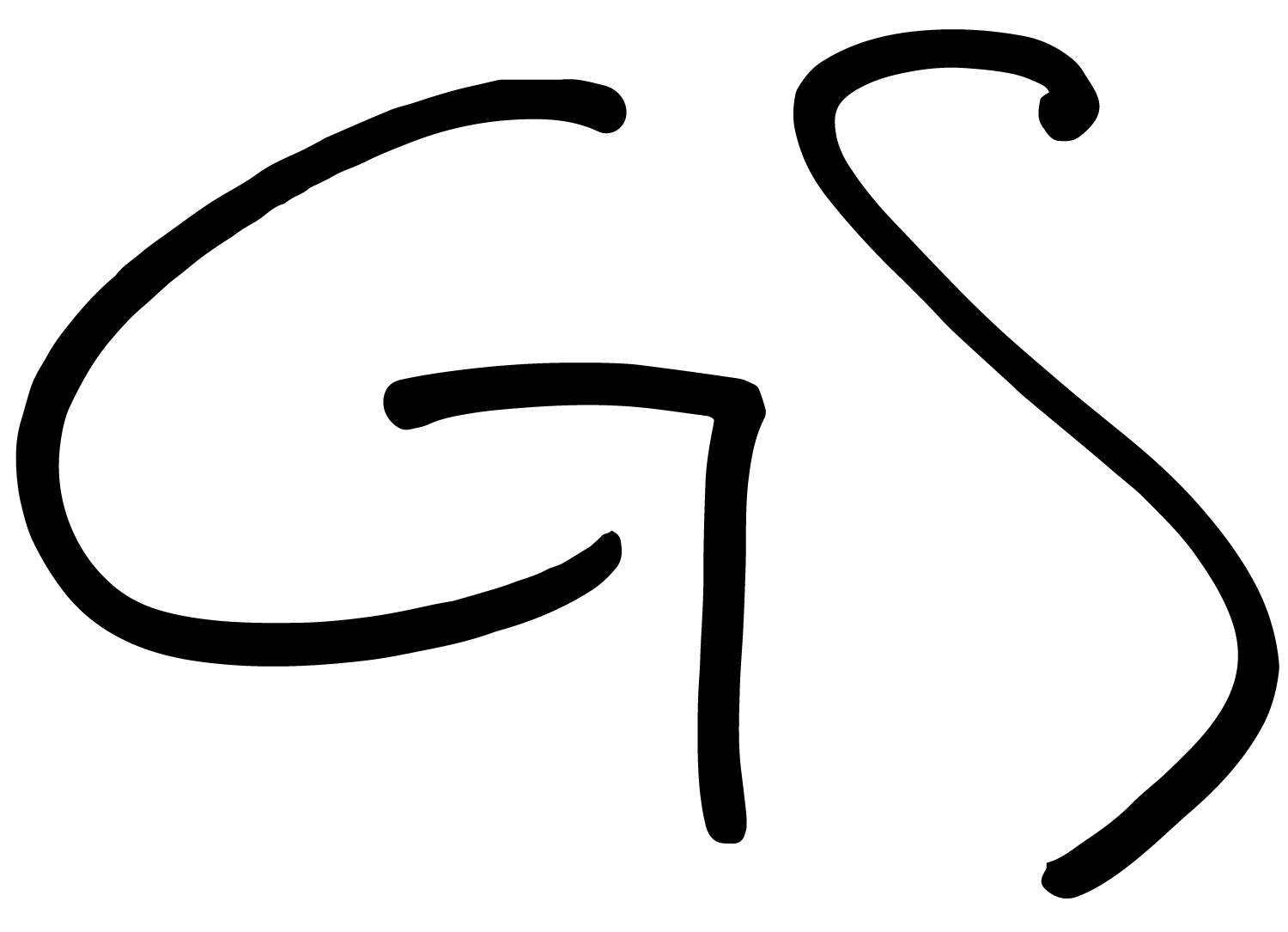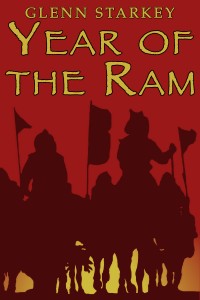Set against the backdrop of a savage war, YEAR OF THE RAM is an epic novel of a man torn between his allegiance to his father, the struggle to save their nation against the onslaught of a massive greed-ridden army, and the discovery of a son he never knew had been born.
The battlefield can be many things to a warrior: life to his soul; a dangerous addiction; an erotic mistress; or a facade to hide behind. As Sovereign General of the Mongol army, son of the Emperor, and heir to the throne, Etar had everything a warrior could want except someone to share it with—and for this, he blamed his father, Chingis-Khan. Locked within the dark embrace of loneliness, Etar lived each day wanting nothing more than to do battle—until he found Koran, his son.
Now Etar’s life has become a battlefield of many fronts: his son is consumed with hate, believing Etar abandoned him; his father, the Emperor, has ordered him to kill the man who saved his life long ago; and Etar must defend his nation against the Council of Kings, a massive army formed by eight countries to conquer Mongolia and divide the rich spoils among their rulers.
A gripping tale of love that reaches beyond the grave; of savage warfare; of domination, treachery, and brutal accomplishments that were written into the history of a nation with the blood of its victims. A tale of one man’s battle to regain the love of his son.
Cover Design by Battle Cry Revival
YEAR OF THE RAM is only available in eBook format.
Available at Amazon, Barnes & Noble, and other fine book sellers.
Excerpt from YEAR OF THE RAM:
The thick stench of burnt powder and flesh hung in the air. Across the valley, a light gray fog of smoke floated, gradually thinning itself as each layer lifted with the next breeze.
Reining in his horse, Koran sat for a moment, staring at the catastrophic view. From one side of the valley to the other, the mutilated bodies of animal and man littered the ground. They were bathed in red and smeared with dirt that had turned to mud as it mixed with their blood. What was not ripped or maimed by the flying shrapnel of jagged iron pieces was contorted into twisted positions by the initial blasts.
Walking about the area in shock, a few soldiers stumbled and sought to maintain their balance. Their eyes were open but they were lost in their own worlds. Some of the men fell to the ground, never to move again. Others stood in place, weaving from side to side. Scared, crippled horses fell in anguished whines to the blood drenched ground. A low, constant moan carried over the land as pain-filled men returned to consciousness.
The Mongols appeared unmoved by the gory sight. For Koran, it was a shocking experience. He had met soldiers who talked of the glory and taste of battle, yet gazing across the valley Koran could see no glory in the slaughter of hundreds of men and horses. The taste in his mouth became vile and bitter, almost nauseating.
“Is this the glory of victory in a battle?” Koran asked Yutaka without turning to look at him.
“There is no glory in killing your enemy without looking into his eyes,” the ronin replied coldly, “but the rules of war are written with each battle.”
The Mongols formed a line on both sides of Koran and waited. Captain Siamak drew his sword and gave the signal for the executions to begin. The horsemen acknowledged the command and swept through the valley, putting to death all that were found alive. Stumbling wounded were hacked to death where they stood while others were trampled beneath the hooves of the Mongol horses.
Moving his horse forward in a slow walk, Koran examined the bodies on the ground around him. Regardless of where the animal moved, human parts covered the soil. A loud groan from nearby caught Koran’s attention and he searched for its origin.
He stepped down from the saddle and walked to a soldier on the ground with a dead horse atop him. With each cough a trickle of blood ran from the soldier’s mouth. At first the man’s facial contortions concealed his identity but as Koran looked closer, he recognized the soldier. It was Captain Simko.
At Koran’s approach, the captain moved his hand to the sword lying out of reach. The effort was in vain. Pain raced through his body, causing him to retract the hand. His gaze focused on Koran with a smile of recognition.
“Well, young Grand Master, the last time we met you had almost destroyed our camp,” Simko said, struggling to speak between coughs of blood. “Now this?”
Koran remained silent.
“End my pain, friend,” the dying man pleaded.
Still no response.
Captain Simko looked directly into Koran’s eyes, realizing the young man was hesitant to do so. “I would do it for you. I let you escape and you owe me this one request.” The cavalryman’s voice grew weaker with each passing moment. His eyes closed then opened again as death drew near.
Stepping next to Koran, Yutaka slowly withdrew the katana.
Koran held his hand up to stop him then withdrew his own sword. He gripped the handle tightly with both hands and raised it high overhead. Standing motionless, Koran looked at the captain’s face a last time. The dying man nodded in approval.
With as much strength as he could wield, Koran brought his sword down in a deadly arc. Steel met flesh and the cavalryman’s torment was ended.
“Your father would be proud!” Captain Siamak yelled, riding up to them.
Koran spun and started for him. The ronin grabbed his arm and held on tightly. He looked back at Yutaka and saw him shaking his head.
Confused by the young man’s response, the Mongol officer only stared.
Gradually, Koran turned to Siamak. His hands shook with fury as he still clutched the bloody sword. He glared at the Mongol. “That man allowed us to escape from Khorezm and helped save our lives.”
Captain Siamak sat back in his saddle, realizing he had underestimated the spirit in Koran. Without further word, he wheeled his horse and rode away.
“Lessons in war come hard,” the ronin said softly, handing Koran the reins to his horse. “Today was one of many to come.”
Koran wiped Simko’s blood from his sword and slid the weapon back into its sheath. With a nod he acknowledged his friend’s words and swung up into the saddle. He felt cold as he digested the meaning of what Yutaka had said.
Waiting patiently while the Mongols completed their death sweep through the valley, Koran felt new emotions taking hold. He knew from this day forward, he must be prepared to do whatever is necessary without regard for suffering or aftermath.
Once the Mongols were in riding formation, Koran rode to Captain Siamak. “Are we finished?” His voice was cold.
Captain Siamak nodded.
“Move the men out. We do not want to be here when the remainder of their army arrives.” Without waiting for a reply, Koran turned his horse eastward, bringing him into a light run.
Yutaka glanced at the captain then followed Koran.
As the two men rode by Simko’s body, Koran looked down at the dead Uris army captain then turned away, digging his heels deep into his horse’s sides.
FROM THE AUTHOR:
YEAR OF THE RAM was the first novel I wrote. The story swirled in my head for several years until finally I was compelled to write. The core theme, a fierce warrior finding a son that he never knew had been born and now may lose him in war, kept evolving with dramatic, cinematic scenes in my mind—so fierce a warrior, yet so lonely.
Upon its completion, an author friend asked her agent to provide me with a rough overview of the story, my writing ability, and if the book was worthy of pursuing as a published work. The agent stated upfront she was taking no further clients. Two weeks later she called wanting me and the work—and my writing career was launched. Several times we almost hooked the golden ring of publication with book deals, but didn’t. Some began then fell through. Although he didn’t accept it, one New York editor enjoyed YEAR OF THE RAM so much he sent it on to a movie-making friend in Hollywood. That was a good surprise! You never know what will happen or where a novel will take you.
A year later my first agent retired from the business and luckily I was found by my second agent at a writer’s conference after my writings had won several awards. Together we renewed our efforts in New York then my luck ran out again—my second agent retired a year or so later. (I’m almost afraid to get another agent because they might retire!)
By that point though, my daily professional career began dominating my time. My writings were set aside for years and with it, YEAR OF THE RAM. But I’ve returned to my novels now and YEAR OF THE RAM is to be released in the fall of 2011 in both print and e-book.
I hope you will enjoy it and I look forward to your reviews after reading the novel. I believe every reader is important and should be able to communicate with an author of their favorite books. After I read a good novel, the first thing I always think of is how I would like to tell the author how much I liked it. Please feel free to write to me. Thank you.
Warmest Regards,
Glenn


